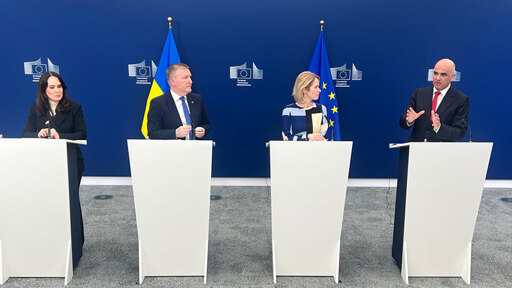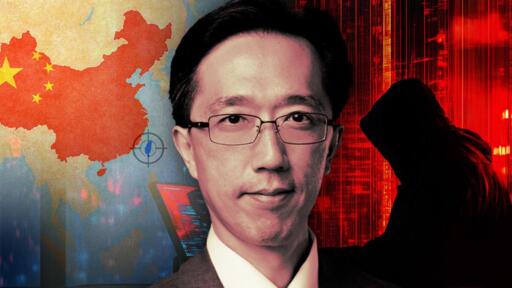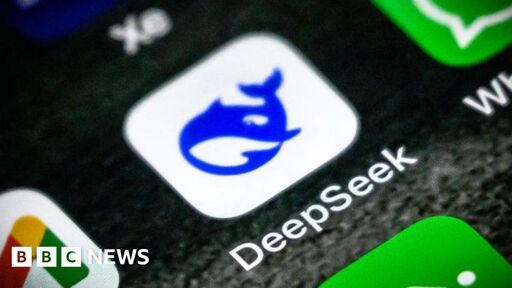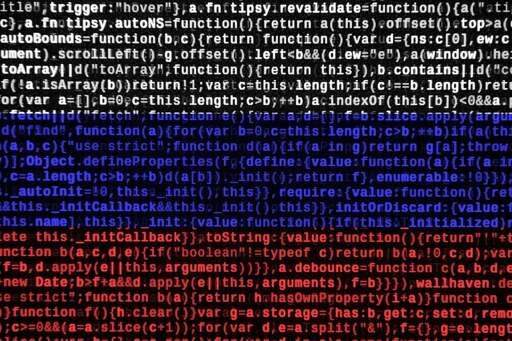- 22 Posts
- 16 Comments

 3·1 day ago
3·1 day agoAs an addition:
Since 2018, evidence of forced labour of Uyghur and other Turkic and Muslim majority peoples has emerged in the Xinjiang Uyghur Autonomous Region (Uyghur Region). […] Forced labour imposed by private actors is also reported, in addition to forced marriage and organ trafficking, with vulnerability primarily driven by discriminatory government practices. While China demonstrated some efforts to tackle modern slavery through sustained coordination at the national and regional levels – including by adopting a new national action plan for 2021 to 2030[…] – its overall response is critically undermined by the use of state-imposed forced labour.

 21·1 day ago
21·1 day agoDas Problem ist, dass Shein, Temu & Co. sich nicht an die europäischen Vorgaben zum Verbraucherschutz halten und dass die auf ihren Plattformen angebotenen Produkte oft weder legal sind noch den EU-Sicherheitsnormen entsprechen. Die Inhaltsstoffe der Produkte sind etwa krebserregend und fortpflanzungsschädigend und “hundertmal giftiger als erlaubt”.
Aber ja, die Inhalte sollten geprüft werden, was nur Sinn ergibt, wenn es entlang der gesamten Lieferkette erfolgt und diese Lieferkette transparent ist. Soweit ich den Medien entnehme, ist es gerade China, das sich einer solchen Transparenz vehement entgegenstellt.
[Edit zur Tippfehlerkorrektur.]

 2·2 days ago
2·2 days agoJa, genau. Momentan zielt die EU darauf ab, das Gesetz, von dem mir jetzt auch der Name gerade nicht einfällt, zu verwässern …

 3·2 days ago
3·2 days agoReporter besuchen „Shein-Dorf“: Wie Ultra-Fast-Fashion wirklich produziert wird
Arbeitnehmer:innen in Guangzhou [einer Provinz in China] arbeiten demnach bis zu 75 Stunden pro Woche, oft unter Verletzung chinesischer Arbeitsgesetze … Die extremen Arbeitsbedingungen ermöglichen das Ultra-Fast-Fashion-Geschäftsmodell, dem Shein seinen kometenhaften Aufstieg verdankt. Online gibt es eine gewaltige Auswahl an Kleidern, Tops und anderen Kleidungsstücken schon ab circa zwei Euro zu kaufen. Statt ein paar mal pro Jahr neue Kollektionen zu launchen, veröffentlicht Shein täglich tausende neue Designs. Das Unternehmen wurde 2023 laut BBC auf einen Marktwert von 66 Milliarden US-Dollar geschätzt, also 63,3 Milliarden Euro.
…
Die Mehrheit der Befragten erzählte, sie hätten nur einen freien Tag im Monat. Eine Arbeiterin betonte dagegen: „Wenn ein Monat 31 Tage hat, arbeite ich 31 Tage.“ Eine weitere erklärte, dass sie sonntags etwa drei Stunden weniger arbeiten würde.
…

 3·2 days ago
3·2 days ago… doing things properly and everything is local then Deepseek reportedly has some efficiency advantages that make it worth considering over alternatives
DeepSeek isn’t uncensored if you run it locally (https://lemmy.sdf.org/post/28978937), and this is just one issue among many others.

Yeah, the European Union is also good. For the first time in 2024, solar energy in the EU surpassed coal in generating electricity across all 27 EU member states, while natural gas production of electricity fell for the fifth year running.
In the European Union (EU), 47% of electricity now comes from renewable sources like wind and solar, a new record according to a report from the think tank Ember. This is a far higher percentage than in other countries, including the United States and China, where about two-thirds of energy comes from fossil fuels such as oil, coal, and gas.

As I said, tthe narrative that China as leading the path to a better climate is simply wrong. China’s track record regarding the fight against climate change is -very much as those of most other larger countries- an absolute disaster: https://climateactiontracker.org/countries/china

 5·2 days ago
5·2 days agoEtwas wird nicht dadurch besser, weil es vorher schon mal wer gemacht hat.

That’s an oversimplification of the article. It’s not that “we should burn fossil fuels.” China should rather stop burning them.
China’s measures to fight climate change are highly insufficient as per practically all independent metrics, and the Chinese government doesn’t appear to be even willing to reduce its emissions. It keeps on to produce a massive amount of overcapacity to to flood the world (and especially the global south) with cheap products for geopolitical and economic gains.

 44·4 days ago
44·4 days agoIn addition to my comments, we can add that Wiz Research uncovered exposed DeepSeek database leaking sensitive information, including chat history.
TLDR: DeepSeek had left over a million lines of sensitive data exposed on the open internet, including digital software keys.

 1·4 days ago
1·4 days agoDeepseek ist nicht Open Source, aber die Entwickler von Hugging Face arbeiten an einer offenen Version:
Hugging Face developers are in the process of building a fully open reproduction of DeepSeek-R1

 36·4 days ago
36·4 days agoIn related news:
Using algorithmic jailbreaking techniques, our team applied an automated attack methodology on DeepSeek R1 which tested it against 50 random prompts from the HarmBench dataset. These covered six categories of harmful behaviors including cybercrime, misinformation, illegal activities, and general harm.
The results were alarming: DeepSeek R1 exhibited a 100% attack success rate, meaning it failed to block a single harmful prompt. This contrasts starkly with other leading models, which demonstrated at least partial resistance.
CNBC reports that DeepSeek’s privacy policy “isn’t worth the paper it is written on.”
Seems to be a long way to go, but Hugging Face developers are in the process of building a fully open reproduction of DeepSeek-R1 as the AI is not Open Source as it claims.

 21·6 days ago
21·6 days agoThe first point that I found suspicious with this post is the source. The SCMP is controlled by the Chinese government.
How does that ‘empower’ people if they ‘must go offline’ to discuss whatever they want? This doesn’t make sense.

 291·6 days ago
291·6 days agoYes, it’s unblocked for a few weeks after a long investigation. The talian authorities fined OpenAI EUR 15m for GDPR violations. You can find a very detailed analysis about the issues here.




















As an addition:
Modern slavery in China